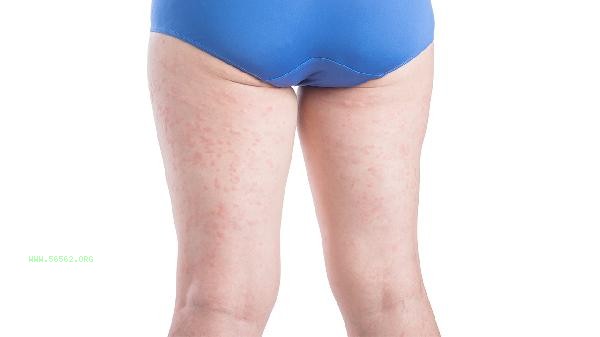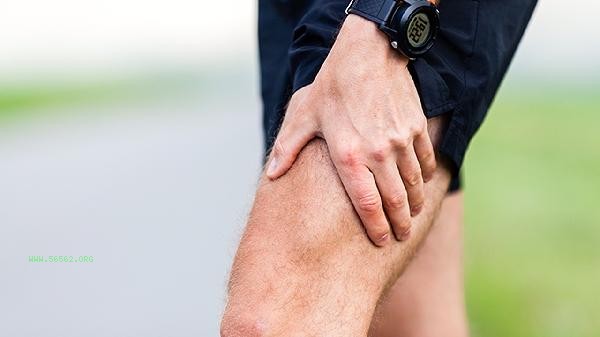If the thigh muscles are weak and unable to stand up, it is recommended to seek medical attention from a neurology or orthopedics department. This symptom may be related to factors such as lumbar disc herniation, spinal cord lesions, muscular dystrophy, hypokalemia, and myasthenia gravis.

1. Neurology
Neurology mainly investigates lower limb muscle weakness caused by neurological diseases. Patients with myasthenia gravis often exhibit skeletal muscle weakness in the morning and evening, and the Neostigmine test can assist in diagnosis; Spinal cord lesions such as multiple sclerosis may be accompanied by sensory disorders and urinary abnormalities, which need to be clarified through magnetic resonance imaging; Guillain Barr é syndrome is often induced by infection, and protein cell separation can be observed in cerebrospinal fluid examination. Doctors will develop treatment plans based on medical history and electromyography examinations.

II. Orthopedics
Orthopedics focuses on addressing issues related to the musculoskeletal system. When lumbar disc herniation compresses nerve roots, it may cause unilateral lower limb radiating pain with decreased muscle strength, and the straight leg elevation test is positive; Degenerative changes in the knee joint can lead to reduced support and narrowing of the joint space as seen on X-rays; In the late stage of femoral head necrosis, walking difficulties may occur, and CT examination can show the extent of bone destruction. Physical therapy and surgical intervention are commonly used methods.

Sudden muscle weakness or accompanying urinary and fecal incontinence requires emergency treatment. Moderate rehabilitation exercises such as straight leg lifting and wall squatting can be carried out in daily life, and attention should be paid to supplementing foods rich in vitamin D and calcium such as milk and fish. Avoid prolonged sitting and standing, use ergonomic chairs, and those who are overweight should control their weight to reduce joint load. If the symptoms persist for more than a week or worsen, timely follow-up examination should be conducted.









Comments (0)
Leave a Comment
No comments yet
Be the first to share your thoughts!